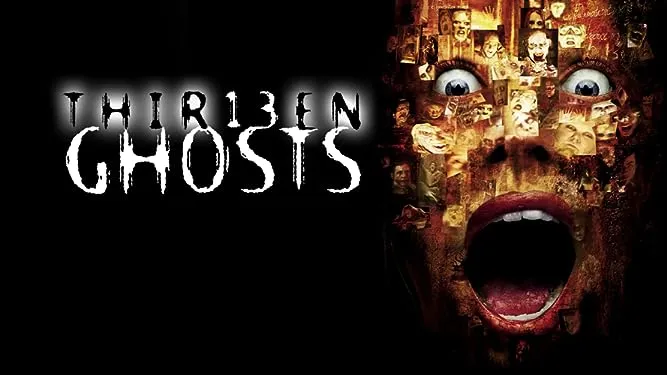Some stories never really end—they simply wait for the right moment to begin again. Pretty Woman 2: A Second Chance (2025) brings back two of cinema’s most beloved characters, not to relive the past, but to rediscover the beauty of growing old with grace, laughter, and a love that time never managed to erase.

Decades after their fairy-tale beginning, Vivian and Edward return to the screen as living memories of a romance that once changed both their lives—and ours. The film opens with Los Angeles bathed in Christmas light, its streets alive with carols and nostalgia. Amid the city’s shimmer, two souls once joined by fate find themselves colliding once more.
Julia Roberts and Richard Gere deliver performances that feel like poetry written in human form. Their chemistry remains effortless—matured, mellowed, but still crackling with that unmistakable spark that made their first story timeless. When they meet again, a single glance says everything: the laughter they shared, the heartbreak they endured, and the years that quietly slipped away.

Vivian, now a successful businesswoman who’s built her life on independence and strength, carries the radiance of a woman who has lived fully but still believes in magic. Roberts portrays her with warmth and wit, her smile brighter but her eyes wiser. Edward, on the other hand, has softened. The once-cynical tycoon is now reflective, tender, and humbled by the lessons of a life that taught him the value of love over power.
Director Nancy Meyers captures this reunion with a painter’s sensitivity. Every frame glows with holiday intimacy—soft golden lights, the faint echo of Christmas music, and the cityscape that feels like another character in their love story. The camera lingers not on grand gestures, but on small ones: hands brushing in passing, laughter over coffee, the quiet ache of what might have been.
The dialogue sparkles with a mix of nostalgia and new wisdom. There’s humor in how the two navigate their changed worlds, and poignancy in how easily they fall back into rhythm. When Vivian tells Edward, “I used to dream about fairy tales… but maybe the best ones come later,” it feels less like a line and more like truth whispered from one generation to the next.

The film never leans into melodrama; instead, it breathes. It allows space for reflection—for the weight of time, regret, and forgiveness to unfold naturally. The pacing is gentle, like snow falling at midnight. Every moment invites the audience not just to watch love rekindled, but to feel what it means to be seen again after years of absence.
The supporting cast adds warmth without distraction. New faces—friends, children, and strangers—form the quiet chorus around the central pair, reminding us that life always moves forward, even as hearts look back. The city itself—dressed in Christmas wonder—becomes a symbol of resilience, a place where old dreams can still find new beginnings.
The soundtrack, filled with soft piano, jazz undertones, and a wistful reprise of “It Must Have Been Love,” ties the decades together. It’s music that doesn’t just accompany the story—it remembers it. Each note feels like an echo from 1990, now wrapped in the tenderness of time.

What makes Pretty Woman 2: A Second Chance extraordinary isn’t the nostalgia—it’s the courage to age gracefully within a fairy tale. The film doesn’t chase youth or perfection; it celebrates imperfection, history, and the beauty of rediscovered connection. By the final scene—when Vivian and Edward walk hand in hand through the softly falling snow—the message is clear: love may change, but it never truly leaves.
Radiant, mature, and deeply moving, Pretty Woman 2: A Second Chance is not just a sequel—it’s a reflection of life itself: imperfect, unpredictable, but still capable of miracles. This Christmas, it reminds us that second chances aren’t about rewriting the past; they’re about finding the courage to love again, knowing exactly what it costs.


GIPHY App Key not set. Please check settings